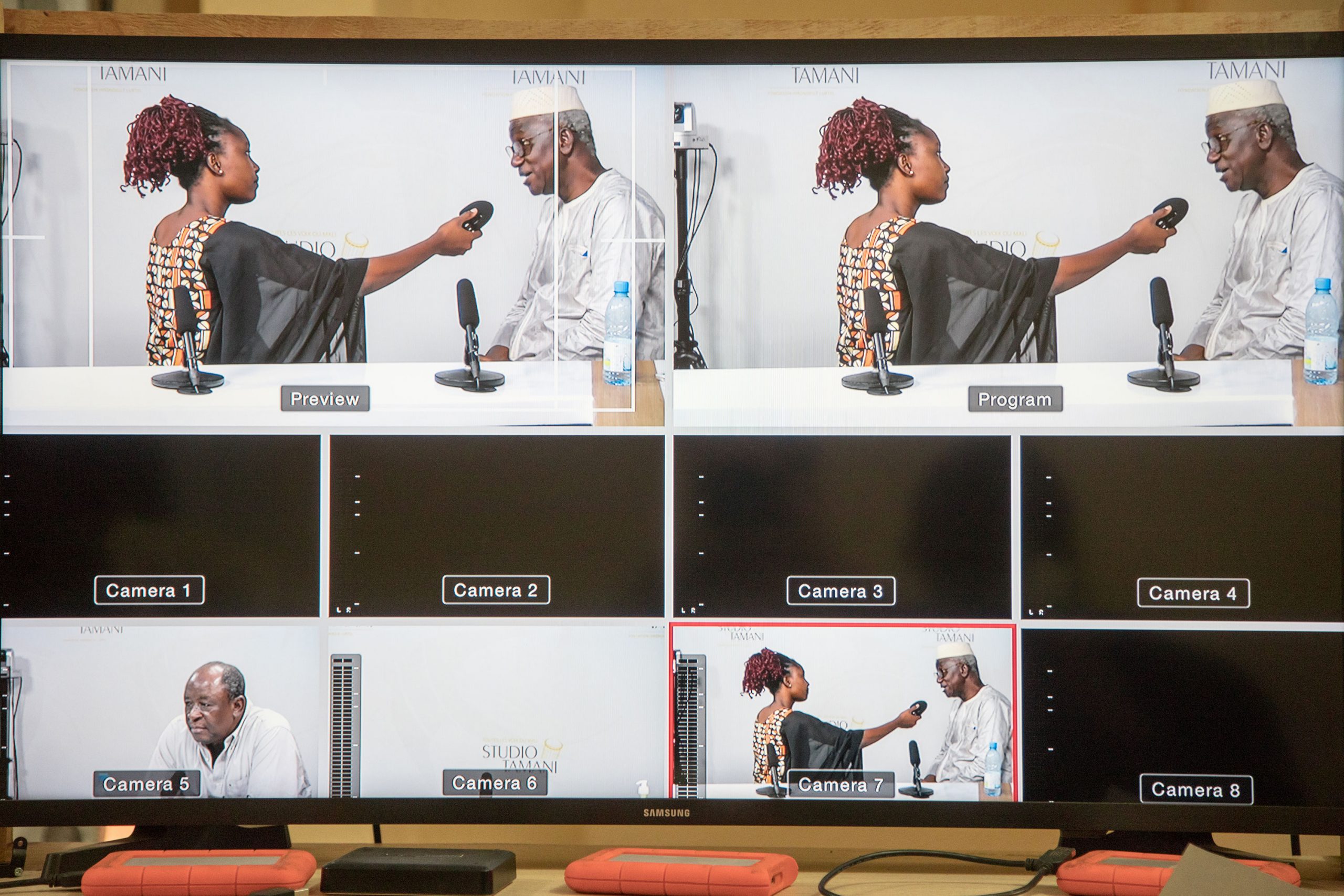Billions of more or less reliable data circulate on the Internet at lightning speed. To try to avoid the pitfalls, Fondation Hirondelle offers some guidelines, especially in the most fragile countries where misinformation aggravates crises.
We are in the era of permanent infodemia. Every social network account is media in the broadest sense, a content transmitter. Facebook has 2.9 billion users,1 YouTube 2.3 billion and WhatsApp barely less (2 billion), Instagram has 1.4 billion accounts, followed by its competitor TikTok (1 billion) and Telegram (550 million).
Thus, billions of content items are produced, broadcast and relayed every day in a viral way. On Twitter (436 million users), a piece of content is re-sent less than 3 seconds (on average) after being received.
The word information traditionally signals verified and reliable. But the information epidemic by its magnitude blurs and destroys access to the truth. For the public, there is general confusion between the true and the false. Rumour, the “oldest media in the world”, has an unprecedented breeding ground. Disinformation, defined as the malicious fabrication of fake news, is often perceived as the main danger. This ignores the extent of misinformation, which is content produced or reported in an unprofessional, incomplete, misunderstood way and is nevertheless relayed, opening the way to rumours and different interpretations.
The most connected countries are highly impacted by this infodemia. For 20 years, professional news media have been dying in the «North», while the masses are exposed to the “alternative facts” of a “post-truth” world, denying facts and reality. Hence the debate. “Without agreement on the facts themselves, there is no more democracy,” sums up Maria Ressa, Filipino journalist and Nobel Peace Prize winner in 2021.2
If disinformation threatens developed countries, its impact on fragile societies is even more serious. Here, there is lack of health care, food, water, freedom, prospects. Illiteracy combined with war increases the toxicity of rumours. It is in these contexts that Fondation the Hirondelle acts. The fight against disinformation is a leitmotiv of its work.
In 2020 and 2021, faced with the crazy rumours that marked the Covid-19 pandemic, Fondation Hirondelle committed significant resources to information, prevention and debunking work in 18 fragile countries. This mission was made all the more difficult by the fact that the virus may have seemed less virulent in the “South”, less dangerous, and its very existence questionable. In the end, the information effort was well founded. Medical journal The Lancet 3 estimates that excess mortality due to the virus was three times higher than official estimates, reaching 18 million deaths worldwide. The “South” was not spared.
In the Central African Republic, second to last on the HumanDevelopment Index,4 disinformation and misinformation, fuelled by outside agents, become as dangerous as weapons. Present in Bangui for 22 years with Radio Ndeke Luka (RNL), which has a 70% daily national audience, Fondation Hirondelle embarked on an ambitious programme in 2021 to support journalists and civil society in the fight against misinformation, combined with a vast media education campaign entitled #StopAtènè (Stop the rumours).
The lessons to be learned? It’s impossible to expose every piece of fake news. The fight against misinformation is uneven. On the other hand, it is possible to act against its proliferation by raising awareness on the discernment of each individual, while maintaining a structure that can produce and broadcast reliable, credible information, maintaining links of trust with its audience, a “beacon” that casts a little light in the murky sea of increasingly uninformed content.
(1) Source : Digital Report 2021 / October Global Statshot (We are social / Hootsuite)
(2) Masterclasses de la Fondation Hirondelle, 2020
(3) “Estimating excess mortality due to the COVID-19 pandemic: a systematic
analysis of COVID-19-related mortality, 2020–21”, The Lancet, 10 mars 2022.
(4) 188e, source Human Development Report (PNUD, 2020).
The flood of information, by its magnitude, blurs and destroys access to the truth.


